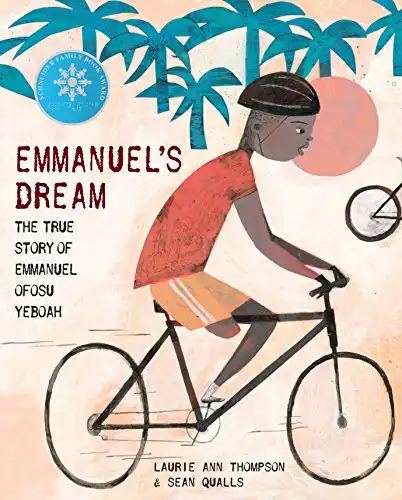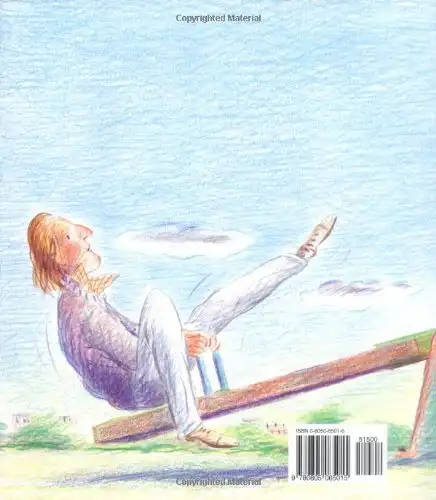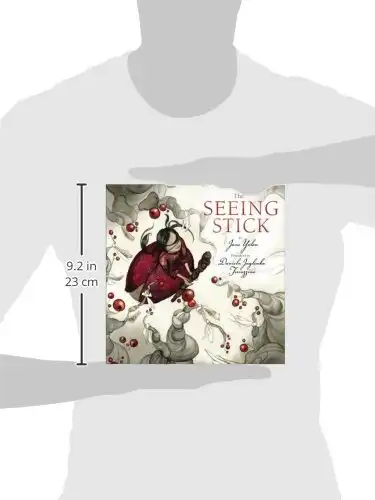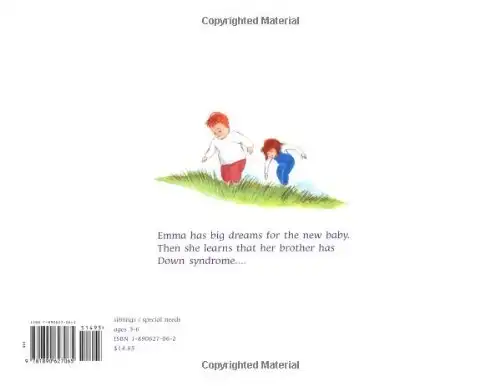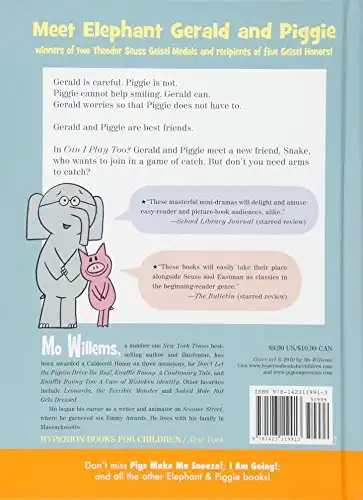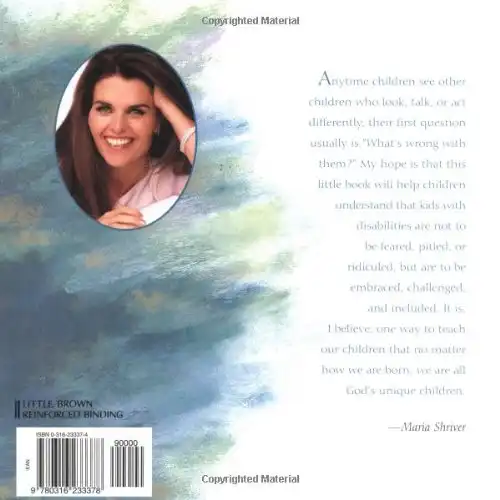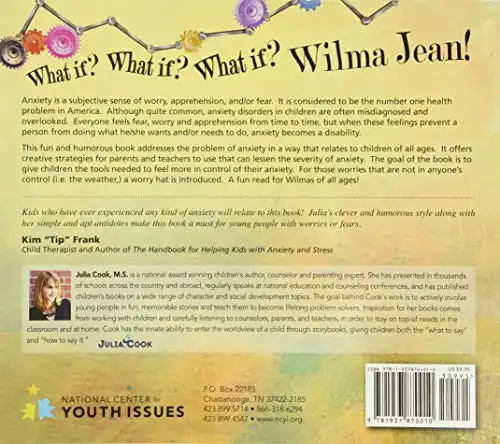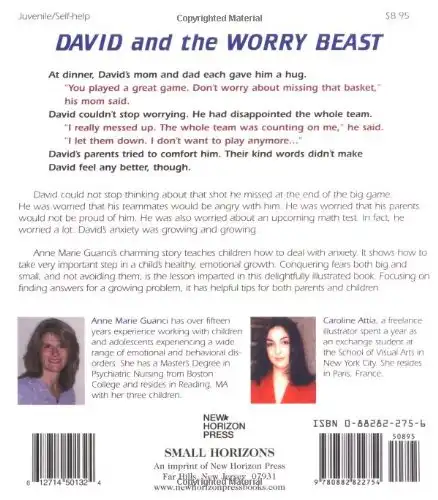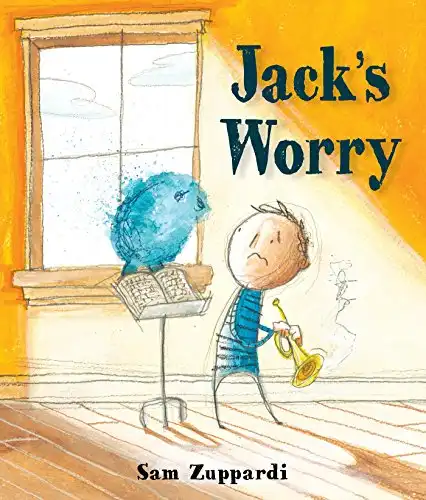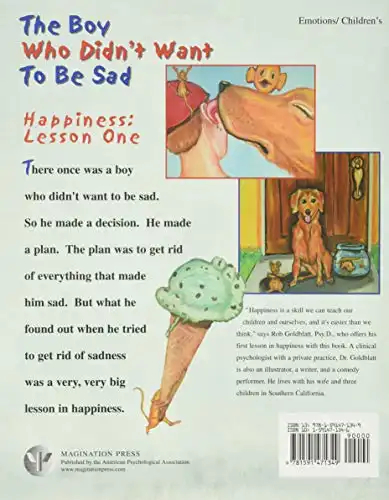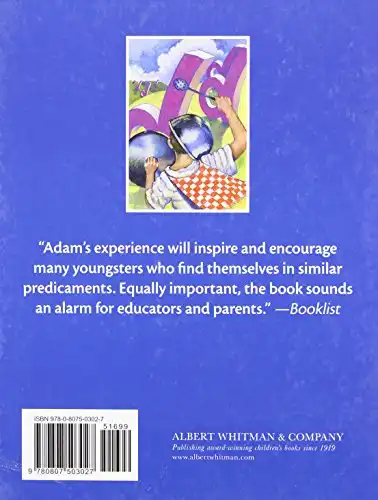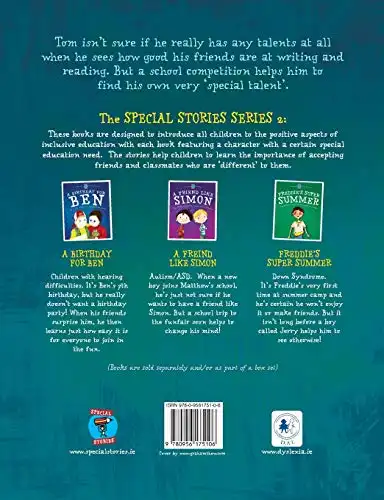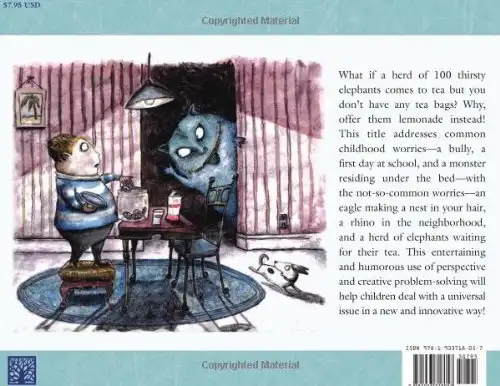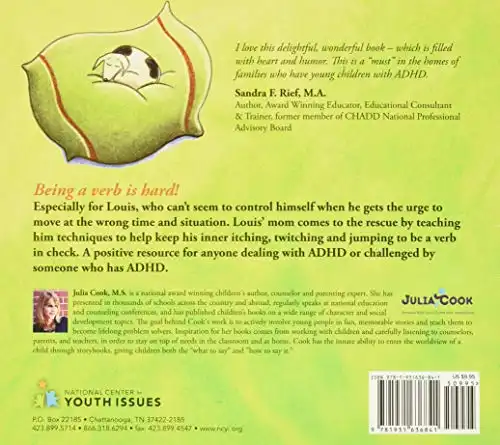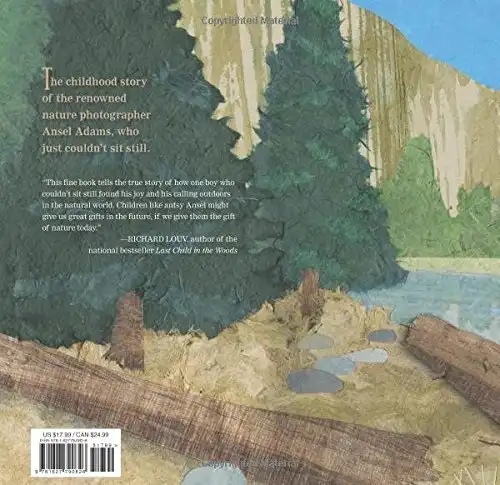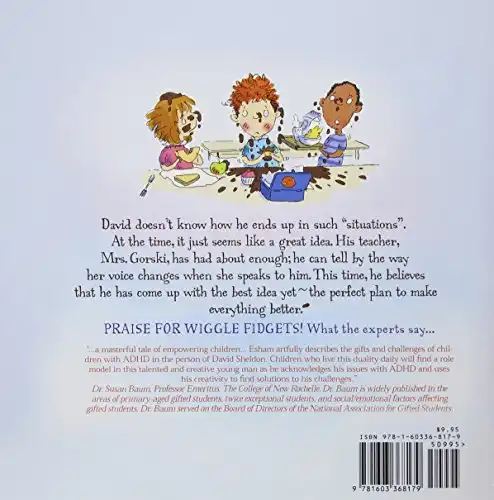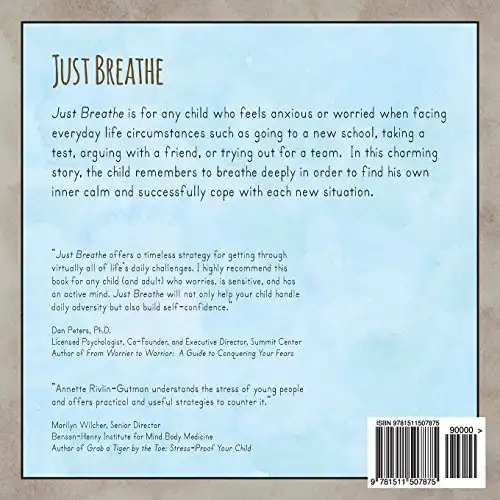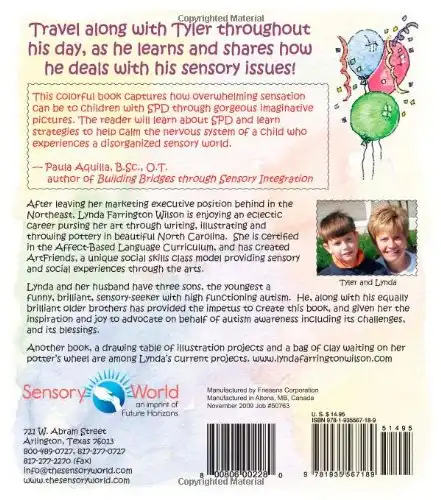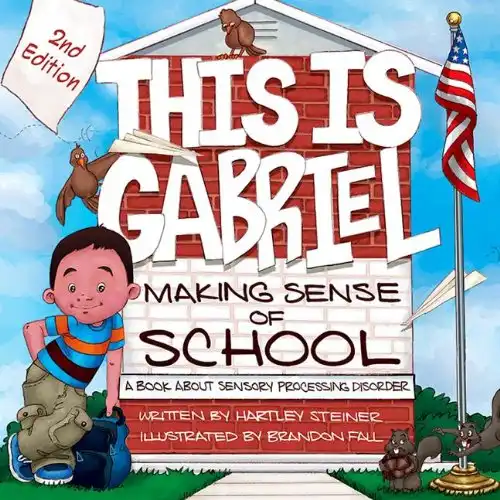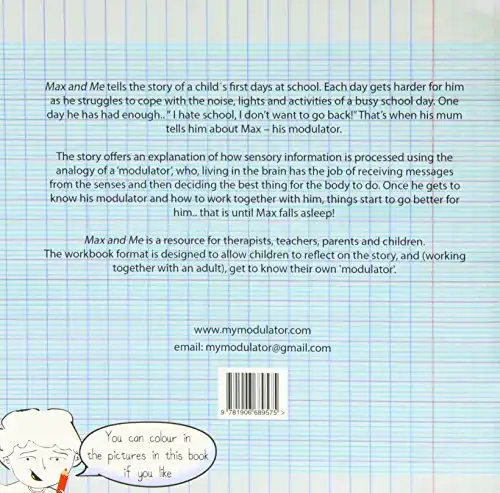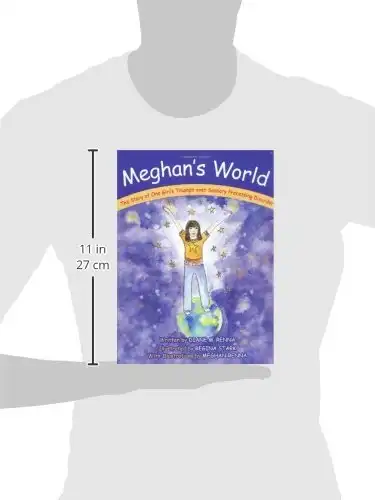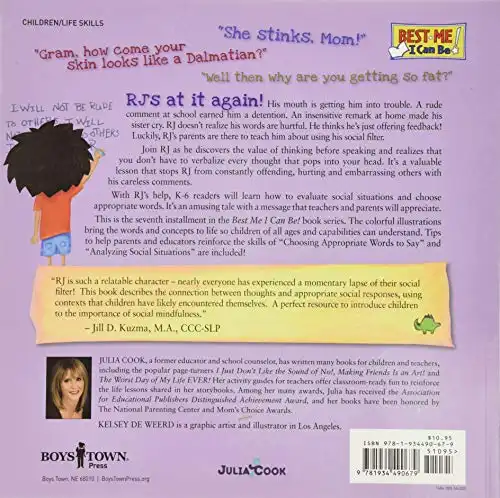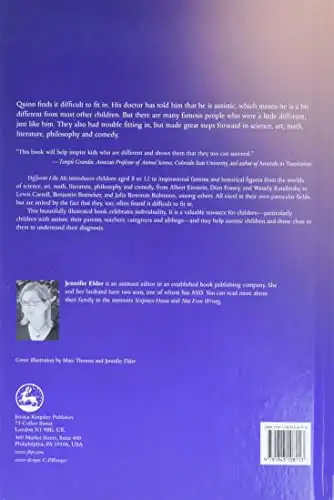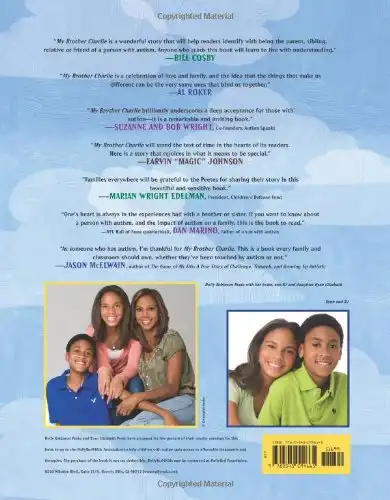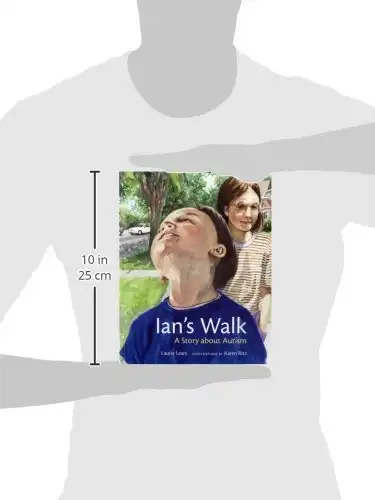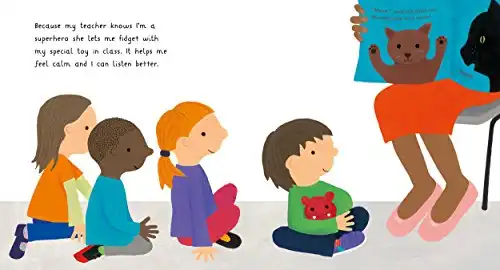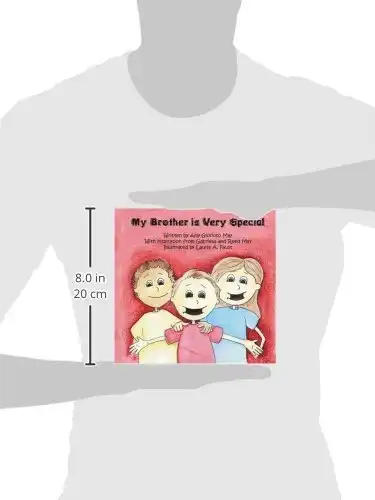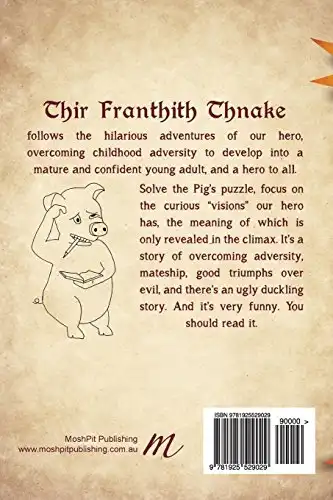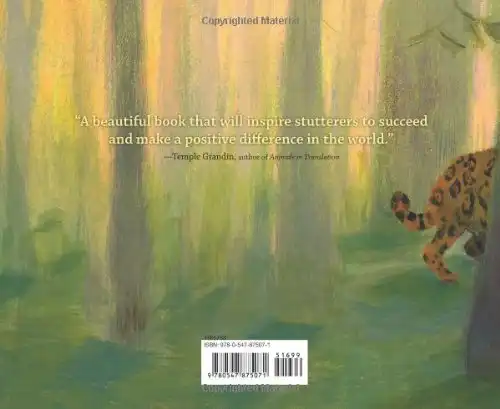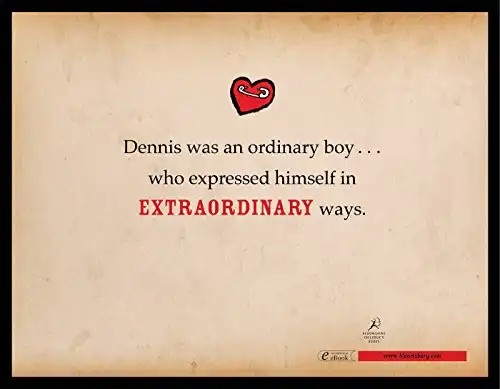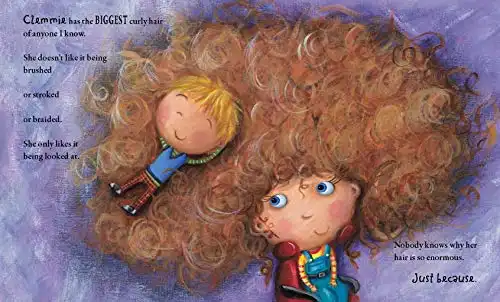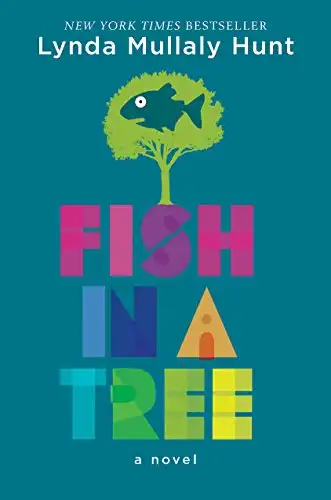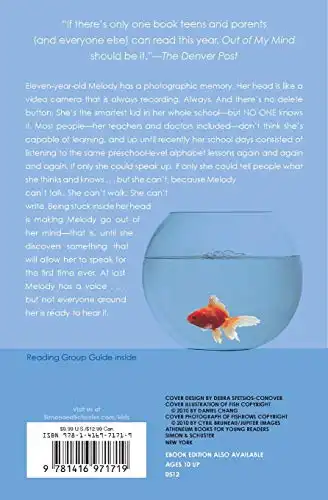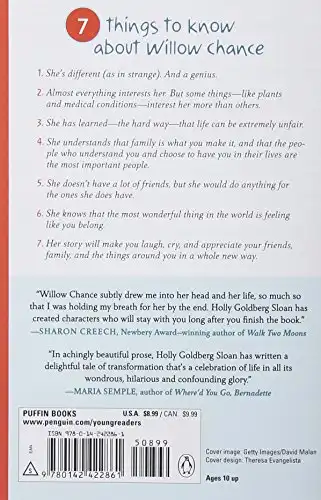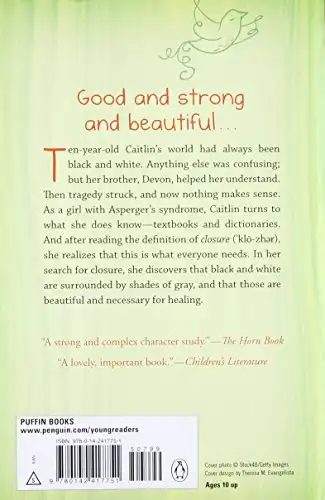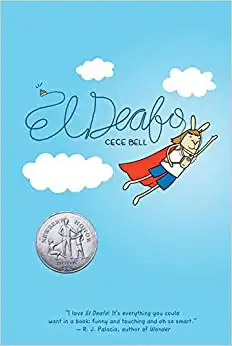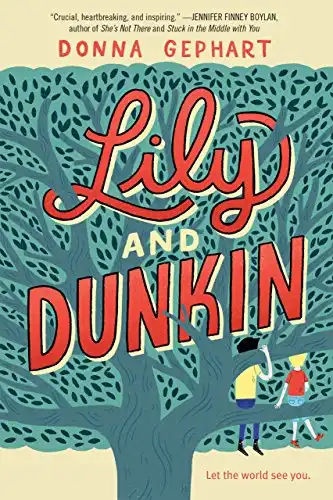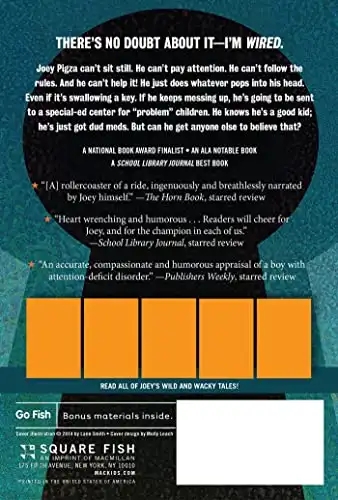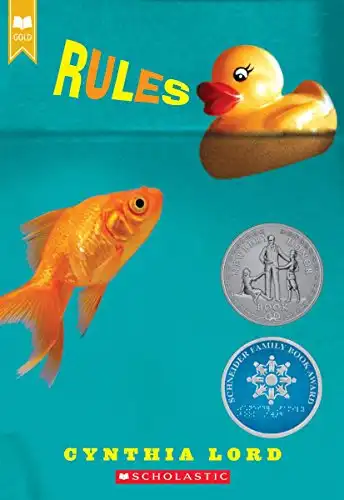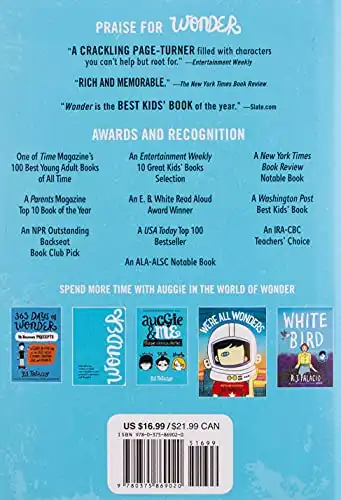My heart goes out to kids today – growing up is stressful. Screens, bullies, being over scheduled, intense pressures to perform. And in between all this, I desperately want my boys to grow up to celebrate and see value in all people. I want them to stand up for people in marginalized communities – it seems like we need that now more than ever. That’s the reason I curated this list of stories about children with special needs and special talents.
I’m running a series of posts that contain thoughtfully curated collections of children’s stories about all different kinds of people, different families, different kids, and different adults. I hope you’ll join me throughout the year to enjoy some stories from the list and to share the list with other parents, you child’s school librarian, and teachers. The more children understand that all of us have more in common than we think – the better!
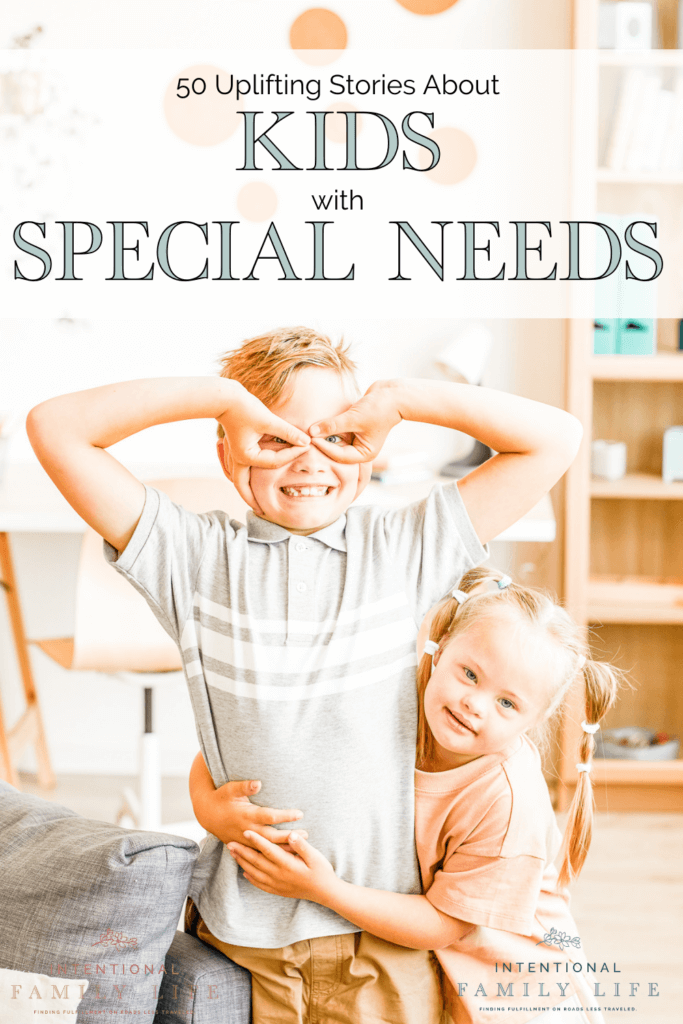
Books Starring Kids Who Have Special Physical Needs
Rolling Along: The Story of Taylor and his Wheelchair, A Rehabilitation Institute of Chicago Learning Book (Rehabilitation Institute of Chicago Learning Books): Taylor and Tyler are twin brothers and best friends. But the twins are different in one significant way: Taylor has cerebral palsy, while Tyler does not. Taylor explains to readers why wheelchairs allow many people to be more independent.
Emmanuel's Dream: The True Story of Emmanuel Ofosu Yeboah: Born in Ghana, West Africa, with one deformed leg, he was dismissed by most people—but not by his mother, who taught him to reach for his dreams. As a boy, Emmanuel hopped to school more than two miles each way, learned to play soccer, left home at age thirteen to provide for his family, and, eventually, became a cyclist. He rode an astonishing four hundred miles across Ghana in 2001, spreading his powerful message: disability is not inability. Today, Emmanuel continues to work on behalf of the disabled.
The Pirate of Kindergarten (Richard Jackson Books (Atheneum Hardcover)): Doubles are good for lots of things—double scoops of ice cream, double features at the movies. But double vision is NOT a good kind of double. In fact, it can make kindergarten kind of hard. Ginny sees double chairs at reading circle and double words in her books. She knows that only half of what she sees is real, but which half?
Moses Goes to a Concert: Moses and his school friends are deaf, but like most children, they have a lot to say. They communicate in American Sigh Language, using visual signs and facial expressions. This is called signing. And even though they can’t hear, they can enjoy many activities through their other senses. Today, Moses and his classmates are going to a concert. Their teacher, Mr. Samuels, has two surprises in store for them, to make this particular concert a special event.
Susan Laughs: Told in rhyme, this story follows Susan through a series of familiar activities. She swims with her father, works hard in school, plays with her friends — and even rides a horse. Lively, thoughtfully drawn illustrations reveal a portrait of a busy, happy little girl with whom younger readers will identify. Not until the end of the story is it revealed that Susan uses a wheelchair.
My Friend Isabelle: Isabelle and Charlie are friends. They both like to draw, dance, read, and play at the park. They both like to eat Cheerios. They both cry if their feelings are hurt. And, like most friends, they are also different from each other. Isabelle has Down syndrome. Charlie doesn’t. Written by Isabelle’s mother, this charming tale encourages readers to think about what makes a friendship special. MY FRIEND ISABELLE also opens the door for young children to talk about differences and the world around them.
The Seeing Stick: The same story that captivated readers in 1977 is back in a stunning new edition! Hwei Min, the only daughter of the emperor of China, has been blind since birth. Her father offers a reward to anyone who can find a cure for the little girl. It seems that no one from magicians to physicians can help her. Then, one day a wise old man with a mysterious seeing stick visits the princess. Will he be able to teach Hwei Min that there is more than one way to see the world?
We'll Paint the Octopus Red: As six-year-old Emma anticipates the birth of her new baby brother or sister, she vividly imagines all of the things they can do together. Emma feels ready to be a big sister! Then when the baby is born, her dad tells her that it’s a boy and he has something called Down syndrome. Finally, she asks, “If Isaac has this Down thing, then what can’t he do?”. Her dad thinks about it, then tells her that as long as they are patient with him, and help him when he needs it, there probably isn’t anything Isaac can’t do.
Can I Play Too? (An Elephant and Piggie Book): Gerald and Piggie meet a new snake friend who wants to join in a game of catch. But don’t you need arms to catch?
Children’s Stories About Kids Who Have Special Emotional Needs
What's Wrong with Timmy?: What is the response when a child points out that a disabled child or adult looks ‘different’? Shriver tells the story of Kate, who finds that making friends with a mentally retarded boy helps her learn that the two of them have a lot in common.
Wilma Jean - The Worry Machine: Although quite common, anxiety disorders in children are often misdiagnosed and overlooked. Everyone feels, fear, worry and apprehension from time to time, but when these feelings prevent a person from doing what he/she wants and/or needs to do, anxiety becomes a disability. This fun and humorous book addresses the problem of anxiety in a way that relates to children of all ages.
David and the Worry Beast: Helping Children Cope with Anxiety: Conquering fears, and not avoiding them, is the lesson imparted in this story. David could not stop thinking about the basket he had missed at the end of the big game. He was worried that he might do it again. He was worried that his team mates would be angry with him. He was worried that his parents would not be proud of him. He was also worried about an upcoming math test. In fact, David was worried a lot.
Jack's Worry: Jack loves playing the trumpet, and for weeks he’s been looking forward to taking part in his first concert. But on the morning of the big day, Jack finds he has a Worry. And his Worry starts to grow. Even when Jack’s mother calls him for a special breakfast, even when he hides under the bed or runs around the yard, his Worry follows him. Suddenly, when it’s almost time to leave for the concert, Jack finds it’s all too much.
The Boy Who Didn't Want to Be Sad: There once was a boy who didn’t want to be sad. He tries to eliminate sources of sadness: toys (they can get broken), pets (they can’t live forever), friends (what if they don’t call?), even his family (sometimes they get mad at him). Ultimately, he realizes that all sources of sadness are also sources of happiness, and reclaims them all.
The Alphabet War: A Story about Dyslexia: When Adam started kindergarten, the teacher wanted him to learn about letters. But “p” looked like “q,” and “b” looked like “d.” In first grade, he had to put the letters into words so he could read. That was the beginning of the Alphabet War.
Tom's Special Talent: 843 760 8199 (Special Stories Series 2): Tom isn’t sure if he has any talents at all when he sees how good his friends are at writing and reading. But a school competition soon helps him to find his own very special talent ! Children with Dyslexia or a learning difficulty often find school a daunting and sometimes terrifying daily task. In an environment where certain skills, like writing and reading, are praised and highlighted more than others, it is important for children to recognize that everyone has a ‘special talent’ of their own.
Is a Worry Worrying You?: Adults think of childhood as a carefree time, but the truth is that children worry, and worry a lot, especially in our highly pressurized era. This book addresses children’s worries with humor and imagination, as hilarious scenarios teach kids the use of perspective and the art of creative problem-solving.
Books About Children with ADHD
It's Hard To Be A Verb: Louis is a verb! He has a lot of trouble focusing, and he is always doing something, but the problem is usually it s the wrong something. It s hard to be a verb! My knees start itching, my toes start twitching, my skin gets jumpy, others get grumpy. When it comes to sitting still, it s just not my deal. Haven t you heard… I am a verb! Louis mom teaches him how to focus by showing him a few hands on ideas that anyone can try. You can also find: It's Hard To Be A Verb Activity and Idea Book
Antsy Ansel: Ansel Adams, a Life in Nature: As a child, Ansel Adams just couldn’t sit still. He felt trapped indoors and never walked anywhere–he ran. Even when he sat, his feet danced. But in nature, Ansel felt right at home. He fell in love with the gusting gales of the Golden Gate, the quiet whisper of Lobos Creek, the icy white of Yosemite Valley, and countless other remarkable natural sights.
Mrs. Gorski, I Think I Have the Wiggle Fidgets (New Edition) (Adventures of Everyday Geniuses) (The Adventures of Everyday Geniuses): ADD / ADHD? Creative Thinking? Mover and Shaker? David doesn’t know how he ends up in such situations. At the time, it just seems like a great idea. His teacher, Mrs. Gorski, has had about enough; he can tell by the way her voice changes when she speaks to him. This time, he believes that he has come up with the best idea yet. The perfect plan to make everything better.
I Can't Find My Whatchamacallit (Functioning Executive): Cletus and Bocephus are cousins, yet they are nothing alike. Extremely creative Cletus, can’t find anything in his room. He is constantly losing things and is very disorganized and messy. Bocephus, on the other hand, is the most organized, uptight person on the planet. If Bocephus ever misplaces anything… he totally freaks out! After Cletus mom refuses to let him play with Bocephus until his room is cleaned, Bocephus steps in to help out his disorganized cousin. “Cletus… There’s a home for everything. Every whatchamacallit has its spot. Let’s sort through your stuff and put it where it goes. I’m organized… Cletus, you’re not!”
Just Breathe: Just Breathe is for any child who feels anxious or worried when facing everyday life circumstances such as going to a new school, taking a test, arguing with a friend, or trying out for a team. In this charming story, the child remembers to breathe deeply to find his own inner calm and successfully cope with each new situation.
Children’s Stories About Sensory Processing Differences
Ellie Bean the Drama Queen: This is an insightful picture book that helps children with sensory issues, and the adults around them, understand what they are going through. Sometimes Ellie Bean seems like she is being difficult, when she really has a sensory issue that can be overcome quite easily!
Squirmy Wormy: How I Learned to Help Myself: Voted 2012 Book of the Year by Creative Child Magazine, Squirmy Wormy is a wonderful little children’s book about a boy named Tyler, who has autism and SPD (Sensory Processing Disorder). Together with Tyler, the reader learns about SPD, and what everyday easy therapy he can do by himself feel better. For instance: “I feel like running really fast, run run run! Maybe I just need a s-q-u-e-e-z-e between the couch cushions like a hot dog. Whew! I feel better.“
This is Gabriel: Making Sense of School - 2nd Edition: A Book about Sensory Processing Disorder: This is Gabriel Making Sense of School provides a look into the challenges children with Sensory Processing Disorder (SPD) face in the classroom. This easy to read and beautifully illustrated picture book gives teachers, parents and students a better understanding of all seven senses, how they are each affected at school and what kinds of accommodations are necessary to help children with SPD become learning sensations!
Max and Me- A Story about Sensory Processing: Max and Me tells the story of a child’s first days at school. Each day gets harder for him as he struggles to cope with the noise, lights and activities of a busy school day. One day he has had enough…”I hate school, I don’t want to go back!” That’s when his mum tells him about Max – his modulator. The story offers an explanation of how sensory information is processed using the analogy of a modulator, who, living in the brain has the job of receiving messages from the senses and then deciding the best thing for the body to do.
I'm Not Weird, I Have Sensory Processing Disorder (SPD): Alexandra's Journey (2nd Edition) (Growing with Love): This book was inspired by the author’s daughter, Jaimie, who struggles with Sensory Processing Disorder (SPD) every day. It was written to validate Jaimie’s feelings and to show her other children feel things the way she does. This book can help children with SPD learn how to explain their disorder to others; help peers understand what children with SPD go through; and also help therapists, teachers and/or counselors learn how to talk about it. Helping others learn about children with special needs brings understanding to them and help to make them seem less… different.
Meghan's World: The Story of One Girl's Triumph over Sensory Processing Disorder: MEGHAN’S WORLD is a true story about one girl’s triumph over Sensory Processing Disorder (SPD). The story validates children’s feelings and offers parents and teachers a look into the world of a child suffering from SPD. This book was inspired by Meghan’s first school show and her behaviors before, during, and after the event. The story briefly explains the therapies Meghan did to help her overcome and loose diagnosis of her SPD and lists resources for reference.
Stories About Children on the Autism Spectrum
I Can't Believe You Said That! (BEST ME I Can Be!): RJ says what he thinks… no matter how it sounds or makes others feel. His mouth is getting him into a lot of trouble. A rude comment at school earned him a detention. An insensitive remark at home earned him a scolding and made his sister cry. RJ doesn’t realize his words are wrong. He thinks he’s just offering feedback. It’s time RJ starts using a social filter when he speaks. With help from his parents, he learns he doesn’t have to verbalize every thought that pops into his head.
Julia Cook has many other fabulous books to help children learn about various social skills and strategies by using her characteristic warm and heartfelt storytelling.
Different Like Me: My Book of Autism Heroes: My Book of Autism Heroes: Eight-year-old Quinn, a young boy with Asperger’s Syndrome, tells young readers about the achievements and characteristics of his autism heroes, from Albert Einstein, Dian Fossey, and Wassily Kandinsky to Lewis Carroll, Benjamin Banneker and Julia Bowman Robinson, among others. All excel in different fields but are united by the fact that they often found it difficult to fit in-just like Quinn.
My Brother Charlie: “Charlie has autism. His brain works in a special way. It’s harder for him to make friends. Or show his true feelings. Or stay safe.” But as his big sister tells us, for everything that Charlie can’t do well, there are plenty more things that he’s good at. He knows the names of all the American presidents. He knows stuff about airplanes. And he can even play the piano better than anyone he knows.
Ian's Walk: A Story about Autism: Julie can’t wait to go to the park and feed the ducks with her big sister. Her little brother, Ian, who has autism, wants to go, too. Ian doesn’t have the same reactions to all the sights and sounds that his sisters have, and Julie thinks he looks silly.
Isaac and His Amazing Asperger Superpowers!: Isaac may look like everyone else, but he actually has superpowers that make him different from his brother and his classmates. Some kids don’t understand that and call him names. But Isaac’s superhero brain remembers loads of things, he has energy enough to bounce on his trampoline for hours, and his ears are so sharp he can even hear the buzzing some lights make in school (ouch!). He tends to say whatever comes into his head and doesn’t realize that he might hurt someone’s feelings — by telling them they have big teeth, for example! Even though he’s not a superhero — he has Asperger syndrome, which means his brain works a little differently — he does love to play superheroes with his brother, who understands him.
The Asperkid's (Secret) Book of Social Rules: The Handbook of Not-So-Obvious Social Guidelines for Tweens and Teens With Asperger Syndrome: Being a teen or tween isn’t easy for anyone — but it’s especially tough for Asperkids. I know. I was one, I taught a whole bunch, and I am going to be raising three! That’s also why I know that Asperkdis deserve their very own guide to all of the hidden social rules that are awfully confusing to us, even if they seem obvious to everyone else.
Books With Characters That Have Speech Differences
My Brother is Very Special: This story is about a little boy, Reed, who is very different than most little children. Reed has a severe speech disorder, Apraxia, which leaves him almost completely unintelligible to his peers. This story is told from the viewpoint of his older sister, as she is well aware of his challenges and his triumphs. Instead of exclusively focusing on what Reed is unable to do, this story portrays the many things he can do with his peers, in spite of his inability to speak to them.
Thir Franthith Thnake: An Unauthorithed Biography: Thir Franthith Thnake follows the hilarious adventures of our hero, overcoming childhood adversity to develop into a mature and confident young adult, and a hero to all. Solve the Pig’s puzzle, focus on the curious “visions” our hero has, the meaning of which is only revealed in the climax. It’s a story of overcoming adversity, mateship, good triumphs over evil, and there’s an ugly duckling story.
A Boy And A Jaguar: Alan loves animals, but the great cat house at the Bronx Zoo makes him sad. Why are they all alone in empty cages? Are they being punished? More than anything, he wants to be their champion—their voice—but he stutters uncontrollably.
Except when he talks to animals… Then he is fluent.
Be a Friend: Dennis is an ordinary boy who expresses himself in extraordinary ways. Some children do show-and-tell. Dennis mimes his. Some children climb trees. Dennis is happy to BE a tree . . . But being a mime can be lonely. It isn’t until Dennis meets a girl named Joy that he discovers the power of friendship–and how special he truly is! At its core, this book is a heartwarming story of self-acceptance, courage, and unbreakable friendship for anyone who has ever felt “different.”
Stories For Siblings of Children with Special Needs
Views from Our Shoes: Growing Up with a Brother or Sister with Special Needs: In Views From Our Shoes, 45 siblings share their experiences as the brother or sister of someone with a disability. The children whose essays are featured here range from four to eighteen and are the siblings of youngsters with a variety of special needs, including autism, cerebral palsy, developmental delays, ADD, hydrocephalus, visual and hearing impairments, Down and Tourette syndromes.
Just Because: A younger brother describes all the fun he has with the big sister he loves so much—just because, in this heartwarming picture book about being perfectly loved, no matter what. He is enthusiastic about just how loving and special she is, and delights in telling us about all the fun things they do together. Only as his tale unfolds does the reader begin to realize that his sister has special needs—and by then the reader just accepts, as he does, all the wonderful things about her.
Stories for Older Children Centering Those With Special Needs
Fish in a Tree: Ally has been smart enough to fool a lot of smart people. Every time she lands in a new school, she can hide her inability to read by creating clever yet disruptive distractions. She is afraid to ask for help; after all, how can you cure dumb? However, her newest teacher Mr. Daniels sees the bright, creative kid underneath the trouble maker. With his help, Ally learns not to be so hard on herself, and that dyslexia is nothing to be ashamed of. As her confidence grows, Ally feels free to be herself, and the world starts opening up with possibilities.
Out of My Mind: Melody is not like most people. She cannot walk or talk, but she has a photographic memory; she can remember every detail of everything she has ever experienced. She is smarter than most of the adults who try to diagnose her and smarter than her classmates in her integrated classroom—the very same classmates who dismiss her as mentally challenged, because she cannot tell them otherwise. But Melody refuses to be defined by cerebral palsy. And she’s determined to let everyone know it…somehow.
Counting by 7s: Willow Chance is a twelve-year-old genius, obsessed with nature and diagnosing medical conditions, who finds it comforting to count by 7s. It has never been easy for her to connect with anyone other than her adoptive parents, but that hasn’t kept her from leading a quietly happy life . . . Until now.
Mockingbird: Caitlin has Asperger’s. The world according to her is black and white; anything in between is confusing. Before, when things got confusing, Caitlin went to her older brother, Devon, for help. But Devon was killed in a school shooting, and Caitlin’s dad is so distraught that he is just not helpful. Caitlin wants everything to go back to the way things were, but she doesn’t know how to do that. Then she comes across the word closure–and she realizes this is what she needs. And in her search for it, Caitlin discovers that the world may not be so black and white after all.
El Deafo: Going to school and making new friends can be tough. But going to school and making new friends while wearing a bulky hearing aid strapped to your chest? That requires superpowers! In this funny, poignant graphic novel memoir, author/illustrator Cece Bell chronicles her hearing loss at a young age and her subsequent experiences with the Phonic Ear, a very powerful—and very awkward—hearing aid.
Paperboy: Little Man throws the meanest fastball in town. But talking is a whole different ball game. He can barely say a word without stuttering—not even his own name. So when he takes over his best friend’s paper route for the month of July, he’s not exactly looking forward to interacting with the customers. But it’s the neighborhood junkman, a bully, and thief, who stirs up real trouble in Little Man’s life.
Lily and Dunkin: Lily Jo McGrother, born Timothy McGrother, is a girl. But being a girl is not so easy when you look like a boy. Especially when you’re in the eighth grade.
Dunkin Dorfman, birth name Norbert Dorfman, is dealing with bipolar disorder and has just moved from the New Jersey town he’s called home for the past thirteen years. This would be hard enough, but the fact that he is also hiding from a painful secret makes it even worse.
One summer morning, Lily Jo McGrother meets Dunkin Dorfman, and their lives forever change.
Joey Pigza Swallowed the Key (Joey Pigza, 1): “They say I’m wired bad, or wired sad, but there’s no doubt about it―I’m wired.”
Joey Pigza’s got heart, he’s got a mom who loves him, and he’s got “dud meds,” which is what he calls the Ritalin pills that are supposed to even out his wild mood swings. Sometimes Joey makes bad choices. He learns the hard way that he shouldn’t stick his finger in the pencil sharpener, or swallow his house key, or run with scissors. Joey ends up bouncing around a lot – and eventually, he bounces himself all the way downtown, into the district special-ed program, which could be the end of the line.
Rules (Scholastic Gold): Twelve-year-old Catherine just wants a normal life. Which is near impossible when you have a brother with autism and a family that revolves around his disability. She’s spent years trying to teach David the rules from “a peach is not a funny-looking apple” to “keep your pants on in public”—to head off David’s embarrassing behaviors.
Wonder: I won’t describe what I look like. Whatever you’re thinking, it’s probably worse.
August Pullman was born with a facial difference that, up until now, has prevented him from going to a mainstream school. Starting 5th grade at Beecher Prep, he wants nothing more than to be treated as an ordinary kid—but his new classmates can’t get past Auggie’s extraordinary face.
If you enjoyed this book list, here are some other lists you might enjoy sharing with your family!
50 Best Stories & Strategies to Help Children of All Ages Conquer Anxiety
37 Children’s Books That Crush Gender Stereotypes
Cinco de Mayo for Kids: Discover Mexico’s Magical Culture
25 of the Most Interesting Stories to Get Kids Talking About Different Religions
25 Authentic Children’s Stories About Lesbian & Gay Families
Don’t Forget To Pin This Post For Later!




